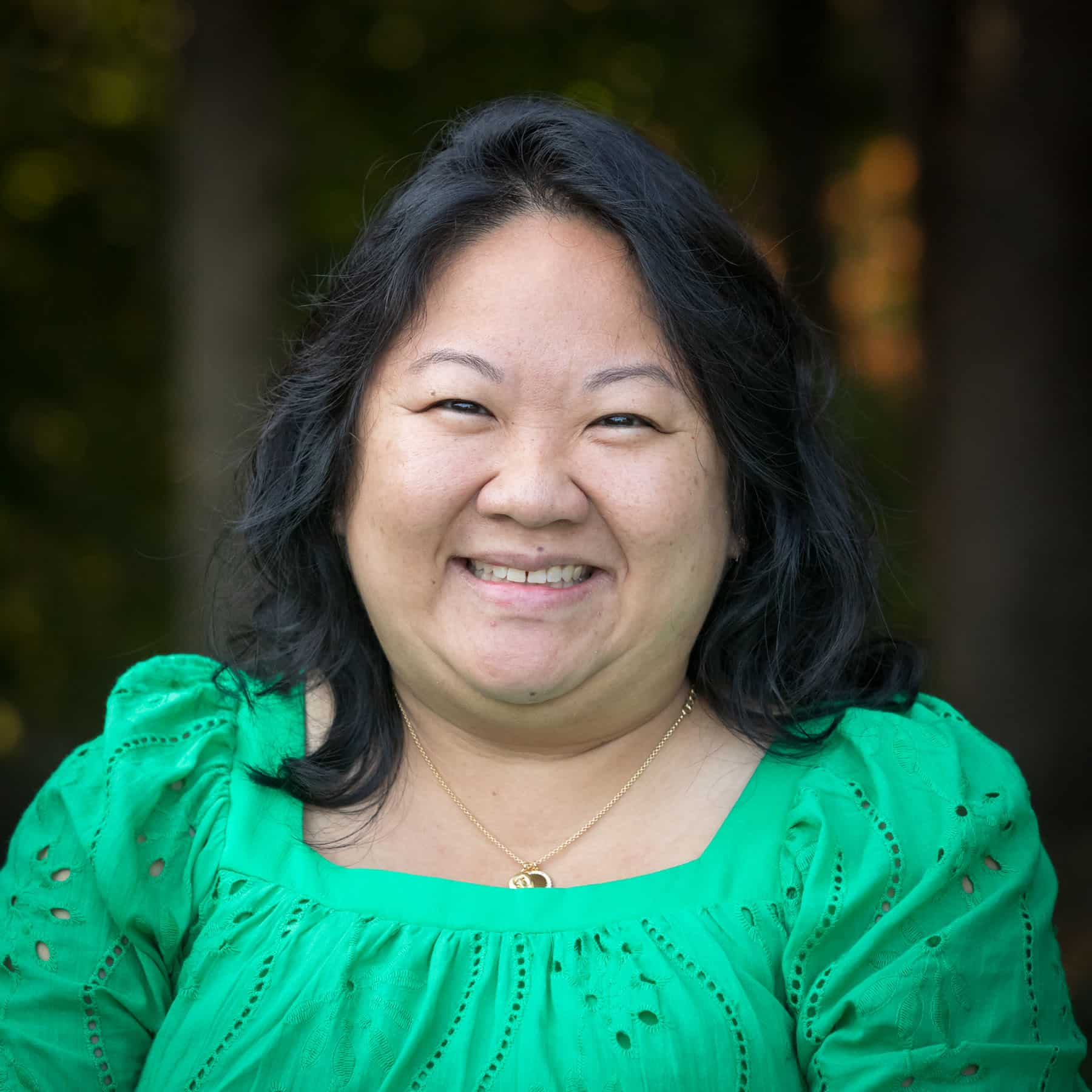Next Thursday and Friday, we will host our fall parent-teacher conferences. Every parent/guardian will have the opportunity to meet with their child’s teacher(s) to discuss their child’s progress, set goals for the year, and ask questions. Having had the opportunity to experience these meetings both as a parent and as a teacher, I would like to offer some practical tips to establish meaningful and productive conferences this fall and throughout your child’s education.
- Plan ahead. Conferences are short, usually averaging 25 minutes in the lower school and 40 minutes in the middle school. Since our teachers thoughtfully plan the information that they want to discuss in that time frame, you can prepare by writing down a list of questions or thoughts to share with your child’s teacher beforehand to maximize your time together. Feel free to email these to your child’s teacher in advance so that they can make sure to address these topics. Also, ask your child if there are any issues or wonders that they would like to share with their teachers, and how they think they are doing in class.
- Keep track of time. Teachers often have back-to-back conferences scheduled, and if one conference goes over, that has a domino effect on subsequent conferences. If you notice that time is almost up but you have not gotten through all of your questions or topics, it may be advisable to stop and make a plan to schedule a follow-up conference in the near future.
- Give yourself ample time between conferences. If you have more than one child in the school, although it might seem convenient to schedule back-to-back conferences, it will be less stressful to include some buffer time for traveling between destinations and in case your first meeting runs over. Allowing time in between conferences makes it less likely that you will have to end one conference prematurely or that you will be late to the following conference.
- Ask questions. Teachers may use educational terms or mention curricula that are second nature to them but may be unfamiliar to you. Please do not hesitate to pause the teacher and ask for clarification or an explanation. It will make it much easier to follow along if you understand exactly what is being discussed.
- Engage in the dialogue. The fall and spring conferences are meant to be an interactive dialogue between parents and teachers. Take the time not only to listen and get feedback from your child’s teacher, but share your own questions, ideas, and observations. You are an expert on your child. If there is any relevant information about your child’s life outside of school that might be impacting their performance or well-being at school, feel free to bring that up. Your child’s teacher will appreciate hearing how your child is at home, and it will be useful for you to find out what the teacher notices at school. Sometimes, students present identically in both settings, but more often than not, they do not.
- Focus on the home-school connection. Explain what you are doing at home to further and supplement your child’s school experience. Similarly, ask your child’s teacher for strategies that you can employ to help your child achieve their goals at home based on the feedback you receive. Partner and brainstorm with your child’s teacher to devise actionable steps for home and school.
- Assume good intentions. This may be an obvious tip, but it is key in every conference—assume that your child’s teachers have the mutual goal of ensuring the success of your child. Most likely, you will hear positive feedback about your child’s progress, as well as learn about areas for growth and improvement. Be prepared by thinking about your child’s strengths and challenges beforehand. Also, remember that what you observe at home can vary from your child’s performance at school because the setting is vastly different—a classroom of 15 students is not the same as the intimate 1:1 experience that your child has at home.
- Debrief and follow up. After the conference is over, talk about the information you heard with other family members or people who know your child well. In some cases, it may even make sense to discuss with your child what was brought up at the meeting. If there are topics that you would like to further pursue or revisit in the future, or if new questions or thoughts arise after your conference, please contact your child’s teacher and schedule a date and time to follow up and check in.
We hope your parent-teacher conferences next week are fruitful and that they build on a positive home-school partnership for the school year!
